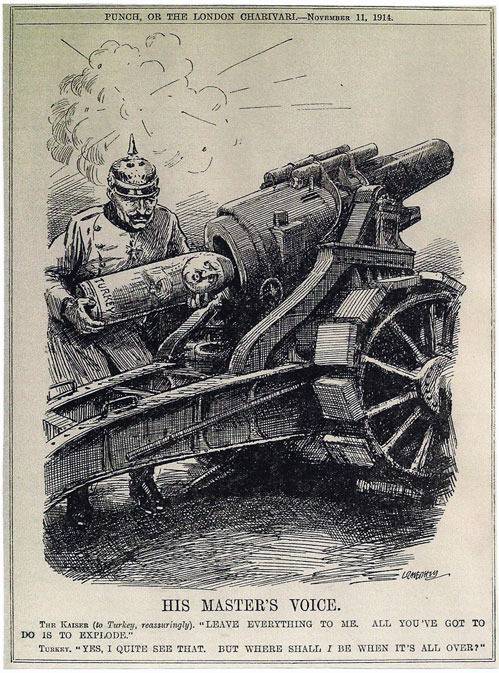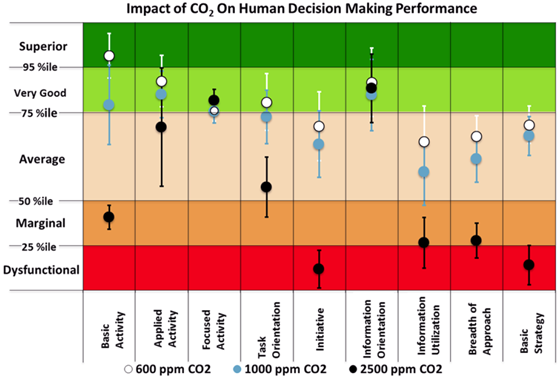An amazing
story in the news today of a child born without a brain, who nevertheless, at the age of two, said "Mummy," which prompts the question: is a brain really necessary? Indeed the question "
Is Your Brain Really Necessary?" was the title of an article published some decades ago in
Science Magazine, in which was given an account of someone who, at birth, was afflicted with hydrocephaly, a condition in which there is excessive pressure of the cerebrospinal fluid in the ventricles of the brain, causing the cerebral hemispheres to be crushed and the cranium to be more or less enlarged. In this particular case, the cerebral hemispheres were crushed to a layer about one millimeter thick, the bulk of the cranial cavity being filled with fluid. But despite this apparent near total destruction of the higher brain centers, the individual was socially normal, had an IQ of 126, and a first class honors degree in mathematics.
But if there is reason to question the necessity of the supposed organ of intelligence, namely the brain, one has to wonder how scientific is the business of measuring intelligence, the manifestation of the supposed function of the brain. True, the ability to apply the mind to this or that task does vary greatly among individuals. Moreover, although the degree of individual versatility varies, there appears to some relationship between being smart at one thing and being smart at another, and it is this notion of general smartness, whatever it's organic basis, that the shrinks have latched onto as a basis for grading the intelligence of all humanity on a linear scale from super-genius to thick as a plank.
General belief in their ability to so grade people places considerable power in the hands of the psych doctors, which surely explains in large part their commitment to the notion that human intelligence can be measured with the same precision as height or weight. At the same time, the existence of such self-serving motivation provides reason for skepticism in judging the intelligence-measuring claims of the psychology profession.
My own skepticism on the subject of IQ testing was evoked more than four decades ago on reading a book by Arthur Sinton Otis,
inventor or the Otis Intelligence Test, variants of which were used by the US army to evaluate 1.7 million recruits during the First World War. The book, which is concerned with physics, not psychology, is entitled:
Light Velocity and Relativity: The Problem of Light Velocity, Disproof of the Einstein Postulate, and argues against the theory of the constant velocity of light on the basis that a beam of light, like a bullet from a gun, will travel faster relative to the ground if emitted by a forward-facing flashlight mounted on a moving train, than if emitted by a flashlight that is stationary relative to the ground, i.e., the frame of reference in which the speed of the light beam is measured. The argument seems compelling except that what it concludes should be observed is not what has actually been observed in countless experiments beginning with the famous Michelson–Morley experiment for which Albert Michelson won the 1907 Nobel Prize in physics. The failure to acknowledge the primacy of the observed result over a common sense assumption seemed to me, well, not very intelligent, which in turn made me wonder how well qualified Arthur Otis and other experts in mental measurement really are to evaluate the intelligence of their fellow creatures.
But other reasons for skepticism about IQ testing abound. My own academic performance being a case in point. Had I been raised in America at the start of the 21st Century, I would undoubtedly have been labelled ADHD and drugged into submission. As it was, discipline in the English schools I attended during the 1950's was administered with the rod, for which I had a healthy respect. But while I was verbally and kinetically submissive to authority in the class-room, my mind was as free as the air with the result that my academic grades corresponded almost perfectly with the degree of my respect or antipathy for my teachers. Generally, I liked female teachers and was around the top of the class during the first several years of my schooling under the tutelage of women. But in subsequent years, under instruction exclusively by males, my academic performance varied almost exactly in proportion to the charisma of my mentors. At times, I was top of my class in most if not all subjects but Latin, at other times I was near the bottom the class, although, it must be admitted, there was always some wretch more academically obtuse than myself to deny me the present pleasure of claiming to have been absolutely bottom of my class. At university, I was taught by several very competent female scholars and, perhaps not coincidentally, I graduated with the faculty prize.
So in my youth, was I intelligent, or was I not? In response to such a question, the psych doctors may say academic achievement has little to do with brains, but in so doing they undermine the entire IQ-testing business, for if it fails to predict something as significant as academic achievement, what's the point of it? Does it predict business success, or acting success, or military success, or musical success any better? Probably not, and in which case, there seems no point in it at all. Ah, but the shrinks will say, it measures potential achievement. There you are then: if your kid has a mediocre IQ, not much point in encouraging them in academics: better to take them every day to 4 AM hockey practice, or encourage them to study something really dumb like, say, psychology.
Fortunately, many great achievers, all in fact prior to the invention of the intelligence test, were spared being told the supposed limits to their potential. Mozart, for instance — almost certainly a case of ADHD, — was good at stringing notes together, but on an IQ test how sure can we be that he would not have bombed? And there are certainly many others renowned for great intellectual achievement who clearly lacked all-round general intelligence. Einstein, for example, the most famous physicist of the 20th Century, seems to have been pretty ignorant when it came to philosophy and politics, or at least that was
the view of George Kennan, architect of US foreign policy following WWII and Einstein's colleague at the Institute for Advanced Research. Of Einstein's subject, Kennan said, "I knew nothing ... and knew it" but of my subject, Kennan said, "Einstein knew nothing ... and didn't know it."*
And then there's Richard Feynman, another physicist of genius, who was
reputed to have an IQ of 123, which is pretty decent, but not as smart, according to the IQ-ists, as about 20 million present day Americans. LOL.
So my advice is, if there's some big challenge you're really keen about, go for it, whatever your supposed IQ. As for my IQ? I haven't a clue. I was tested once or twice but never told the result — thank God.
* Source: John Lewis. Gaddis. 2012.
George F. Kennan: An American Life.
Related:
CanSpeccy:
IQism, Racism and the Decay of the Great American University
CanSpeccy:
Intelligence, the G-Factor, Linus Pauling and Glutamate
















